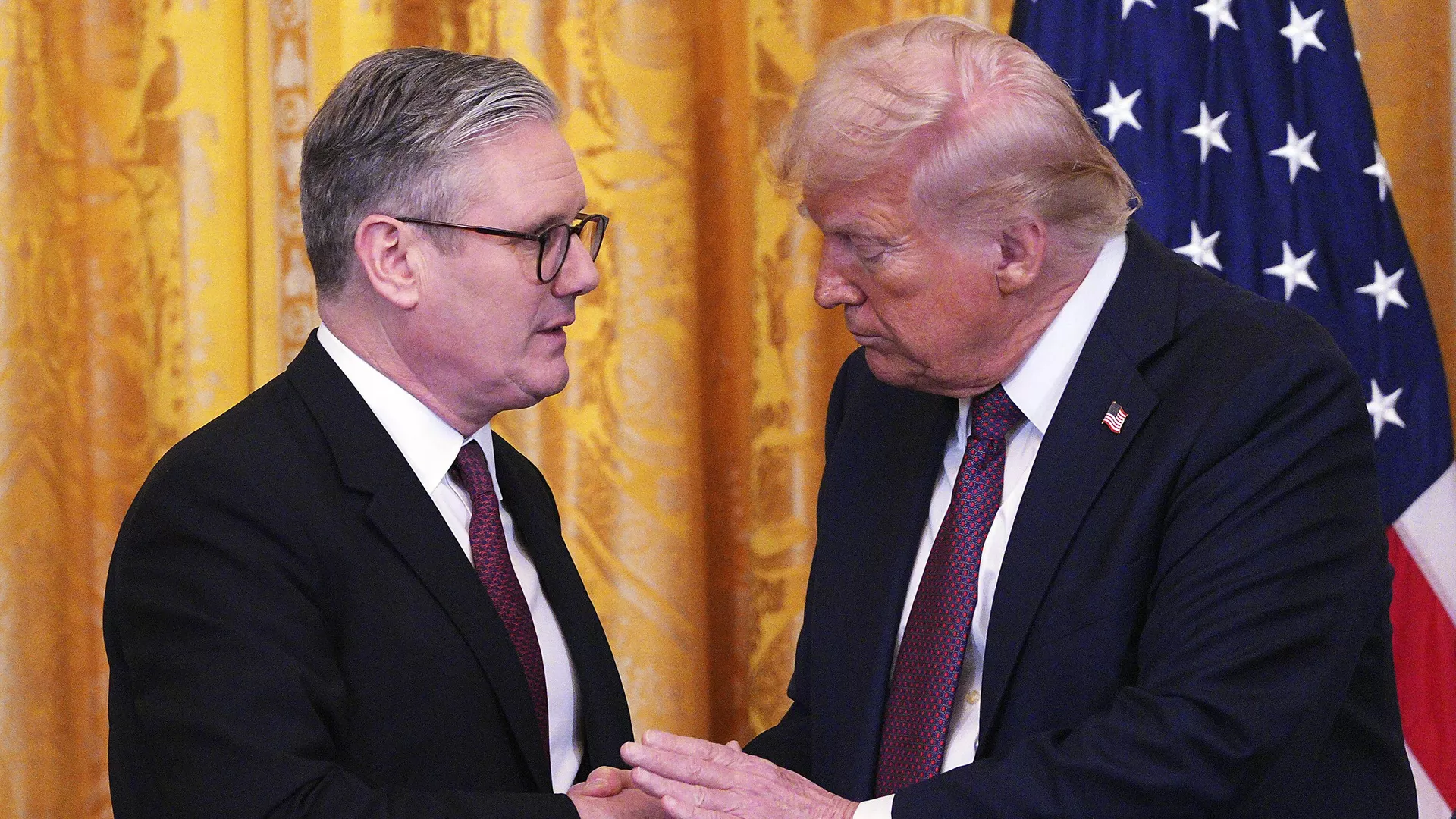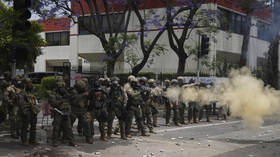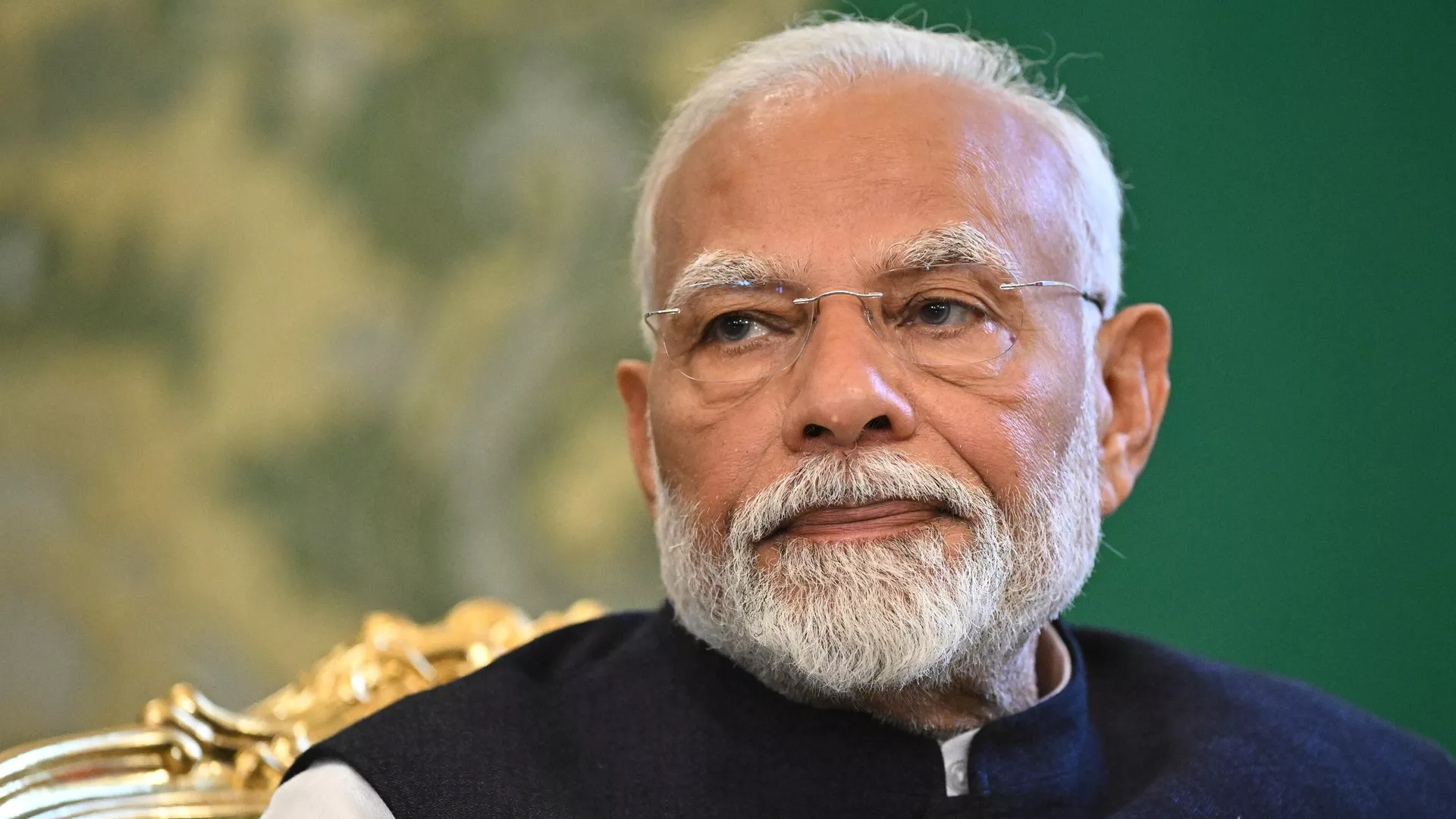
The roots of the agricultural crisis in India lie in a variety of factors that collectively make the situation more challenging for the country’s farmers. Despite agriculture being the backbone of the Indian economy, it often receives inadequate attention. The issues in agriculture are not merely short-term but have long-term implications as well. Over the past three decades, neoliberal policies have accelerated this crisis.
India’s agricultural sector is currently undergoing a significant crisis. Although almost 50% of the population depends on agriculture, the sector’s contribution to the economy has been steadily declining. The roots of this crisis are embedded in neoliberal policies, globalization, unpredictable weather conditions, and unscientific government policies. In this situation, it is imperative to find sustainable solutions to address both the immediate and long-term challenges faced by farmers.
Although agricultural production in India has increased, the positive impact on farmers’ lives is not visible. Recent reports indicate that falling prices for agricultural commodities, rising production costs, and crop losses have burdened farmers with increasing debts. According to a report by the National Sample Survey (NSS), the average monthly income of an Indian farmer is ₹10,218, which is grossly inadequate compared to their expenses.
The National Crime Records Bureau (NCRB) reports that since 1995, more than 10,000 farmers have committed suicide annually. The main reasons for these suicides include debt burdens, crop losses, and the lack of minimum support prices (MSP). Compared to the 1980s, public investment in agriculture has significantly declined. The country’s irrigation infrastructure remains underdeveloped, with only 49% of cultivated land under irrigation.
The historic year-long protest against the three farm laws introduced by the central government in 2020-21 was a significant expression of farmers’ discontent. During the protests, more than 700 farmers lost their lives. Moreover, as per World Trade Organization (WTO) regulations, India has started reducing subsidies on agriculture. Consequently, markets have increasingly fallen under corporate control, making it difficult for farmers to receive fair prices for their produce. Climate change has also severely affected crop yields, with droughts in Maharashtra, excessive rainfall in northern India, and cyclones in the southern region causing extensive losses. Farmers from many regions have reported that they are unable to secure MSP for their crops. In the absence of guaranteed prices, farmers in some areas are forced to sell their produce at extremely low rates.
The absence of long-term policies, an inefficient distribution system, and a lack of investment in agriculture are major challenges for farmers. Temporary measures to address agricultural issues have only intensified the crisis. Poor water management, market instability, and a declining agricultural workforce have all contributed to reduced productivity.
The impact of neoliberal policies has forced farmers to bear significant losses. These policies have led to the corporatization of agriculture. While the intent of these policies is to boost economic growth, they have adversely affected farmers. The three controversial farm laws highlighted this risk. Although these laws were repealed after widespread protests by farmer organizations, there remains the possibility of their reintroduction in some form in the future.
Both central and state governments have announced several schemes for farmers’ welfare, but these initiatives often fail to deliver long-term benefits. Measures like loan waivers, subsidized loans, and MSP assurance provide temporary relief, but they do not address the need for robust infrastructure necessary for sustainable development.
Water, land, and forest conservation are critical for Indian agriculture. However, mismanagement of resources has created additional challenges for farmers. Instead of improving irrigation systems, large-scale irrigation projects are prioritized, many of which remain incomplete. The neglect of eco-friendly farming practices has degraded soil quality, reduced water resources, and threatened biodiversity.
The hunger strike by Jagjit Singh Dallewal has exposed strategic weaknesses in farmer movements. Farmer organizations need to move beyond protests and incorporate long-term solutions into their strategies. It is crucial for these organizations to consolidate leadership and engage in constructive dialogue with the government to address the crisis effectively.
Long-term measures are essential to resolve the agricultural crisis. These include promoting eco-friendly farming, encouraging organic farming, adopting advanced irrigation technologies, and developing infrastructure. Technical assistance, market stability, and guaranteed MSP for farmers are also critical steps.
While corporate farming has achieved some success in the United States and Europe, even there, farmers have had to protest for their rights. Directly replicating such models in India is not feasible. India needs policies tailored to its unique resource availability, farmers’ economic conditions, and climatic conditions. It is essential to maintain the local nature of Indian agriculture while achieving a balance with technological advancement.
To design sustainable policies for Indian agriculture, collaboration between the government, farmer organizations, and civil society is crucial. Achieving sustainability in agriculture requires a balance between environmental conservation and technological progress. Additionally, empowering farmers politically and shaping their demands into effective policies is necessary.
Addressing India’s agricultural crisis requires long-term solutions. Instead of relying on temporary measures, efforts should focus on building a sustainable agricultural system. Since agriculture is the backbone of the country’s economy, addressing its crisis is the need of the hour at all levels.
*
Click the share button below to email/forward this article. Follow us on Instagram and X and subscribe to our Telegram Channel. Feel free to repost Global Research articles with proper attribution.
Vikas Parsaram Meshram is a journalist.
Featured image is from Countercurrents
Global Research is a reader-funded media. We do not accept any funding from corporations or governments. Help us stay afloat. Click the image below to make a one-time or recurring donation.
Counter Information publish all articles following the Creative Commons rule creative commons. If you don't want your article to appear in this blog email me and I will remove it asap.








































No comments:
Post a Comment